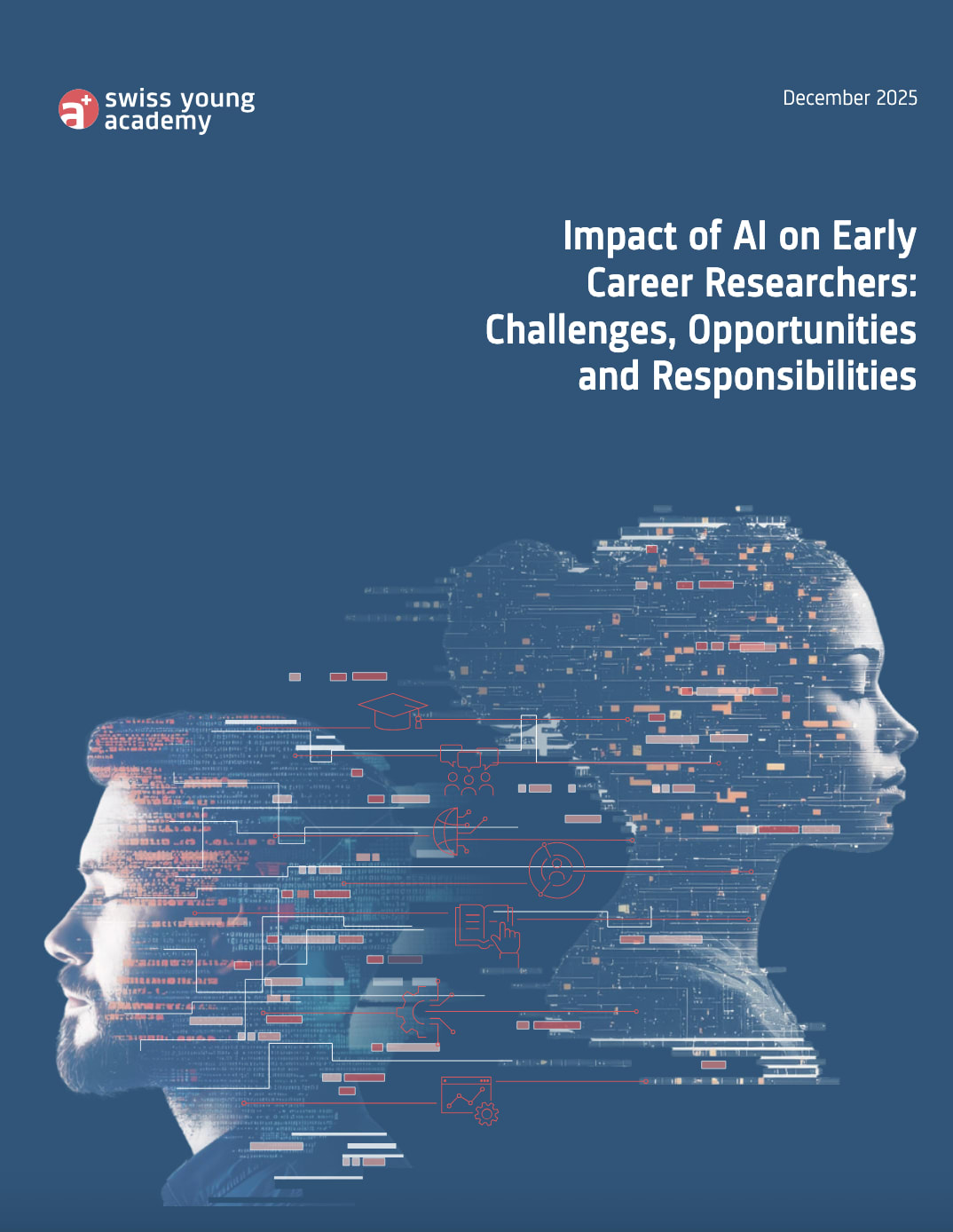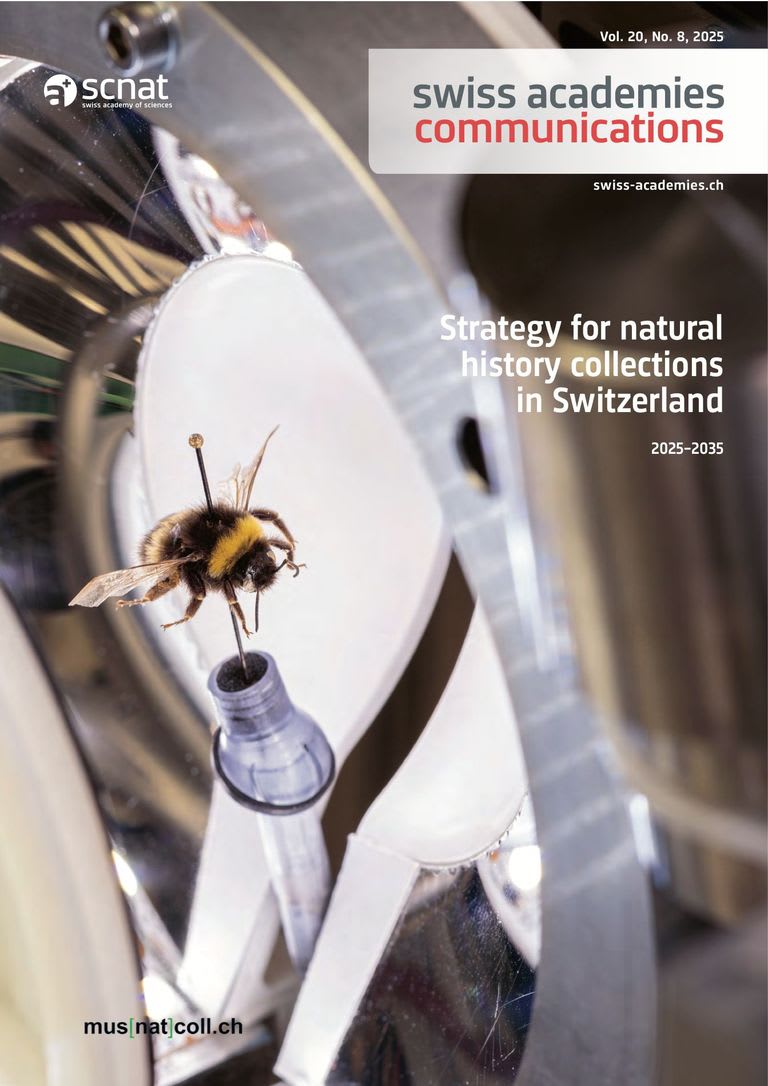Swiss Academy of Sciences SCNAT
Gene drives: benefits, risks, and possible applications
SWISS ACADEMIES FACTSHEETS, VOL. 15. NO. 4, 2020
Gene drives are genetic elements that skew the pattern of inheritance of a given characteristic in sexually reproducing organisms. They can be used to spread a characteristic that can alter or even reduce the numbers of individuals in wild populations of a certain species. As they spread by being inherited from one generation to the next, they could persist in populations long-term.
The spreading property of gene drives could be a source of great potential in areas as diverse as the control of disease vectors, invasive species, agricultural pests and predators of endangered species. However, the same property may make containment challenging and therefore may also pose novel environmental risks. The evaluation, distribution of risks and benefits and the fact that gene drives may be seen as a particularly profound interference with nature raises further novel ethical considerations.
A Deplazes-Zemp, U Grossniklaus, F Lefort, P Müller, J Romeis, A Rüegsegger, N Schoenenberger, E Spehn (2020) Gene drives: benefits, risks, and possible applications. Swiss Academies Factsheets 15 (4).




